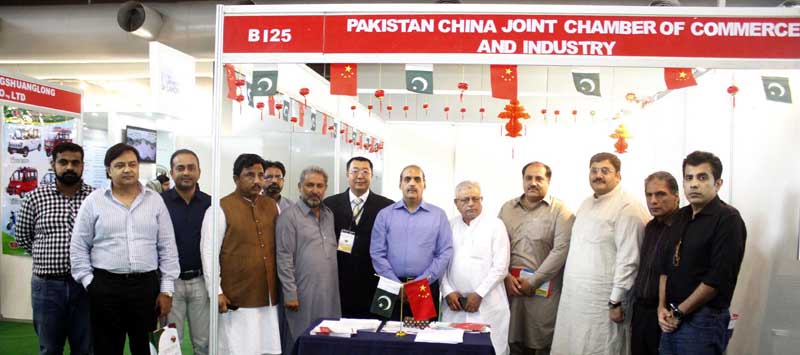Mr. S.M. Naveed, President of the Pakistan China Joint Chamber of Commerce and Industry (PCJCCI), stated that Pakistan’s ability to produce research-backed products in the market requires the involvement of technology leaders, and that the Chinese model of integrating academics and technocrats into manufacturing facilities should be emulated in Pakistan to create more competitive products.
He conveyed these sentiments during a video conference with a five-member Chinese delegation from Jinan Technology University. Zhang Shoufeng led the mission, which also comprised Zhang Xiuhong, Xiao Jing, Zhang Min, and Wang Li.
Throughout the discussion, proactive recommendations and proposals were made in which both sides emphasised the need of international cooperation in acquiring globally recognised best practises.
Mr. Wang Li informed the group that they were considering entering into relationships with international technology giants to provide possibilities for young scholars to create new innovative businesses through the PCJCCI platform. The China-Pakistan Economic Corridor (CPEC) would contribute to Pakistan’s expertise, economy, and ambitions in this area.
Additionally, he maintained, Pakistan’s worldwide image must be upgraded so that more international partners are willing to visit and invest in Pakistan.
Mr. Daud Ahmed, Senior Vice President PCJCCI, also briefed them on the organization’s ambitions to establish specialised science and technology parks, which are critical for bridging the digital divide between China and Pakistan. He recommended that such parks may be established in Pakistan in collaboration with Chinese technological universities and innovators.
Mr. Khalid Raffique Choudhry, Vice President PCJCCI, expressed his appreciation for Wang Li’s concept and stated that the visit’s objective was to expand bilateral relations with Pakistan beyond manufacturing to include knowledge transfer. He stated that in order to accomplish desired outcomes in innovation and technology, the Pakistani government should prioritise boosting the quality of research undertaken by existing universities by increasing their funding and broadening their scope.
Mr. Salahuddin Hanif, Secretary General PCJCCI, expressed his views by stating that while the number of PhDs in Pakistan has increased from 300 in 1998 to around 7000 today, the knowledge and production platforms remain disconnected. It was agreed that efforts should be made to define strategic objectives that would allow young graduates and researchers to contribute to the value addition of commodities produced in Pakistan.





